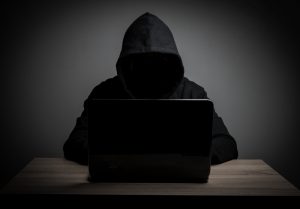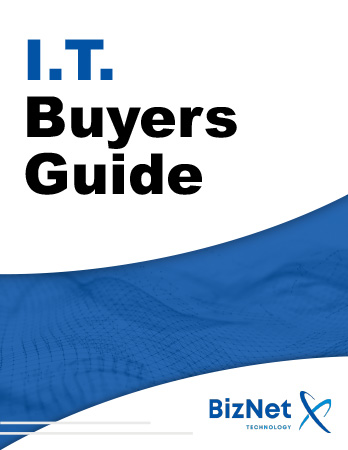 The Dark Web is a part of the internet that isn't easily accessible and allows users to stay anonymous by using multiple servers and strong encryption. While it has some legitimate uses, criminals often use it to buy, sell, or steal illegal items, including personal information.
The Dark Web is a part of the internet that isn't easily accessible and allows users to stay anonymous by using multiple servers and strong encryption. While it has some legitimate uses, criminals often use it to buy, sell, or steal illegal items, including personal information.
When criminals find your details on the Dark Web, they can commit identity theft and fraud. For instance, if they obtain your name, tax ID, and driver’s license number, they can open fake accounts or file false tax returns in your name. If they get your login information, they can hack into your accounts. If they acquire your credit card details, they can make unauthorized purchases or empty your accounts.
Identity theft can cause significant problems and take a long time to resolve. Here are five key ways to protect your information from ending up on the Dark Web:
1. Enable Multi-Factor Authentication (MFA)
Use MFA on all your accounts. MFA adds an extra layer of security by requiring something you have (like a phone) or something you are (like a fingerprint) in addition to your password. This way, even if someone steals your password, they can’t access your account without the second factor.
2. Use Strong Passwords
Regularly update your passwords, make them unique, and don’t reuse them across different accounts. Using the same password everywhere makes it easy for hackers to access multiple accounts. Consider using a password manager to create and store strong, random passwords.
3. Install Endpoint Protection
Make sure your devices have good security software to protect against viruses, spyware, and other malware. This software can detect and remove threats before they cause harm.
4. Browse Securely
Avoid using public Wi-Fi in places like coffee shops or malls, as these networks are often insecure. Even at home, keep your software up to date. Use a VPN for an extra layer of security and only visit websites that start with HTTPS or show a padlock icon in the browser.
5. Use Dark Web Monitoring
Run regular scans to check if your information is on the Dark Web. If you find out your details have been compromised, you can take steps to protect yourself, like changing passwords and monitoring your accounts for suspicious activity.
By following these steps, you can reduce the risk of your personal information ending up on the Dark Web and protect yourself from identity theft and fraud.
Ready to Transform Your IT Infrastructure?
![]() Book a 10-Minute Discovery Call with our team and we’ll help you map out a plan to get started or contact us
Book a 10-Minute Discovery Call with our team and we’ll help you map out a plan to get started or contact us




